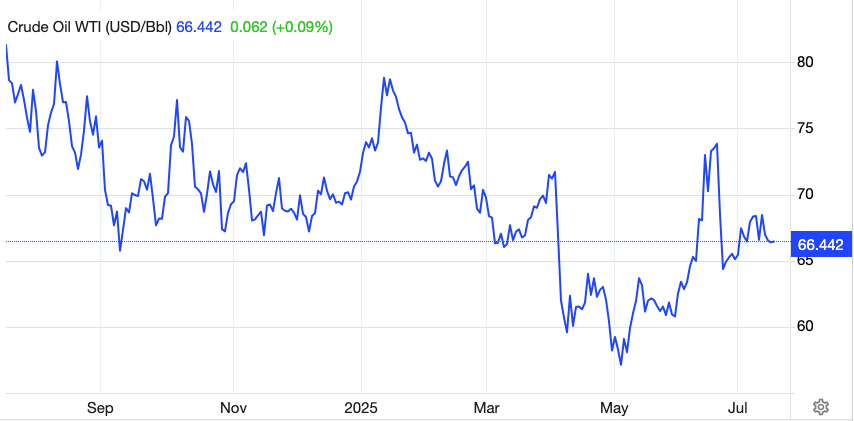Consumers in Kenya have been denied any relief at the pump for a second consecutive month, even as the global landed costs of fuel eased.
In Nairobi, the Energy and Petroleum Regulatory Authority (EPRA) raised retail prices to KSh 186.31 per litre for super petrol and KSh 171.58 for diesel for the period running from July 15 to August 14, 2025 offering no reprieve despite falling import costs.
Between May and June 2025, the landed cost of super petrol rose by 6.45 percent, diesel by 6.27 percent, and kerosene by 6.95 percent, driven by volatility in global oil markets and currency fluctuations.
Yet consumers were shielded from hikes not because of any generous subsidy but rather due to steady import prices. Unfortunately, EPRA opted against passing on any cost reductions to motorists this time around.

While international fuel costs softened slightly, the anticipated drop failed to translate into lower pump prices, largely because government taxes and levies including excise duty, Value Added Tax, and the Road Maintenance Levy continue to account for a hefty share of the retail price.
In Kenya, these charges can represent up to 40 percent of the total per‑litre cost, a rate significantly higher than in neighboring countries such as Uganda or Tanzania.
Complicating matters, the national budget for fuel price stabilization subsidies was slashed by half with the new fiscal year starting July.
The allocation dropped from KSh 54 billion to around KSh 27 billion, raising skepticism about whether enough funds remain to cushion consumers or will instead be used to service arrears owed to oil companies.
Analysts warn that sustaining pump prices at elevated levels, even amid loose supply costs, poses broader risk to Kenyan households and businesses.
Transportation and production costs are expected to surge, hurting both affordability and economic activity. Many consumers feel increasingly squeezed as the prospects for relief fade.
Written By Ian Maleve